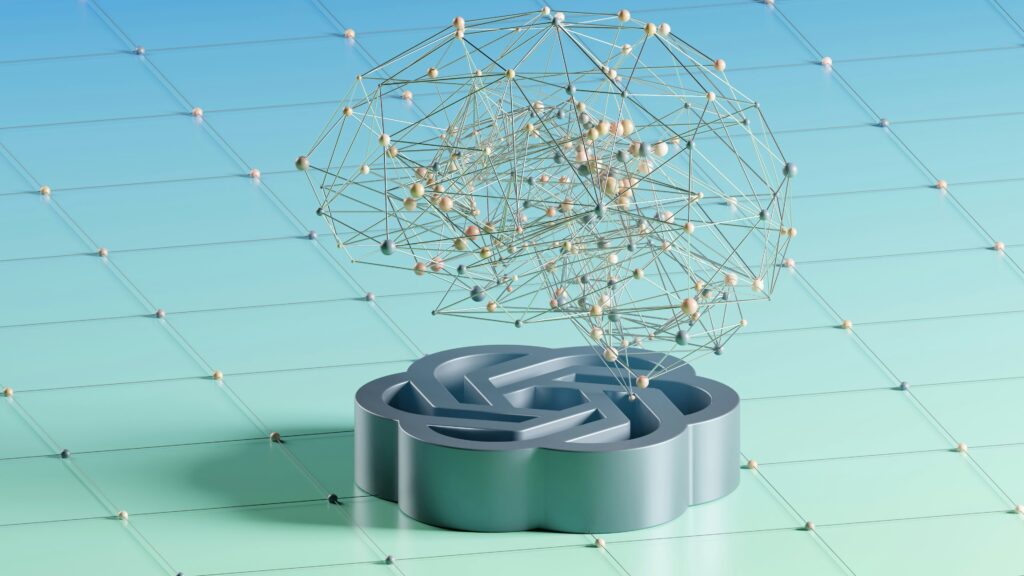European lawmakers, Nobel laureates, former heads of state, and AI experts called for binding global rules on AI.
They launched the initiative Monday at the UN General Assembly in New York.
The campaign urges governments to agree by 2026 on “red lines” banning harmful AI uses under all circumstances.
Signatories include Enrico Letta, Mary Robinson, MEPs Brando Benifei and Sergey Lagodinsky, ten Nobel winners, and tech leaders from OpenAI and Google.
They warned that without global standards, AI could create pandemics, disinformation campaigns, human rights violations, and loss of human control.
Over 200 prominent figures and 70 organisations from politics, science, and human rights joined the appeal.
AI’s Threats to Society and Mental Health
Recent studies found chatbots like ChatGPT, Claude, and Gemini gave unsafe or inconsistent responses to suicide questions.
Experts warned that these gaps could worsen mental health crises and endanger vulnerable users.
Maria Ressa cautioned that AI without safeguards could trigger “epistemic chaos” and systematic abuses of human rights.
Yoshua Bengio stressed that the rapid race to create powerful AI models poses risks societies cannot manage.
Supporters pointed to past treaties banning nuclear and biological weapons, human cloning, and the High Seas Treaty as successful global frameworks.
Toward a Global Enforcement Mechanism
Signatories called for an independent body to implement and monitor AI rules internationally.
They suggested banning AI systems from launching nuclear attacks, conducting mass surveillance, or impersonating humans.
They argued that only a worldwide treaty can ensure consistent enforcement across borders, unlike fragmented national or EU laws.
Backers hope countries start negotiations quickly so the UN could adopt a resolution and begin treaty talks by 2026.
Ahmet Üzümcü warned that without action, AI could inflict “irreversible damages to humanity.”



